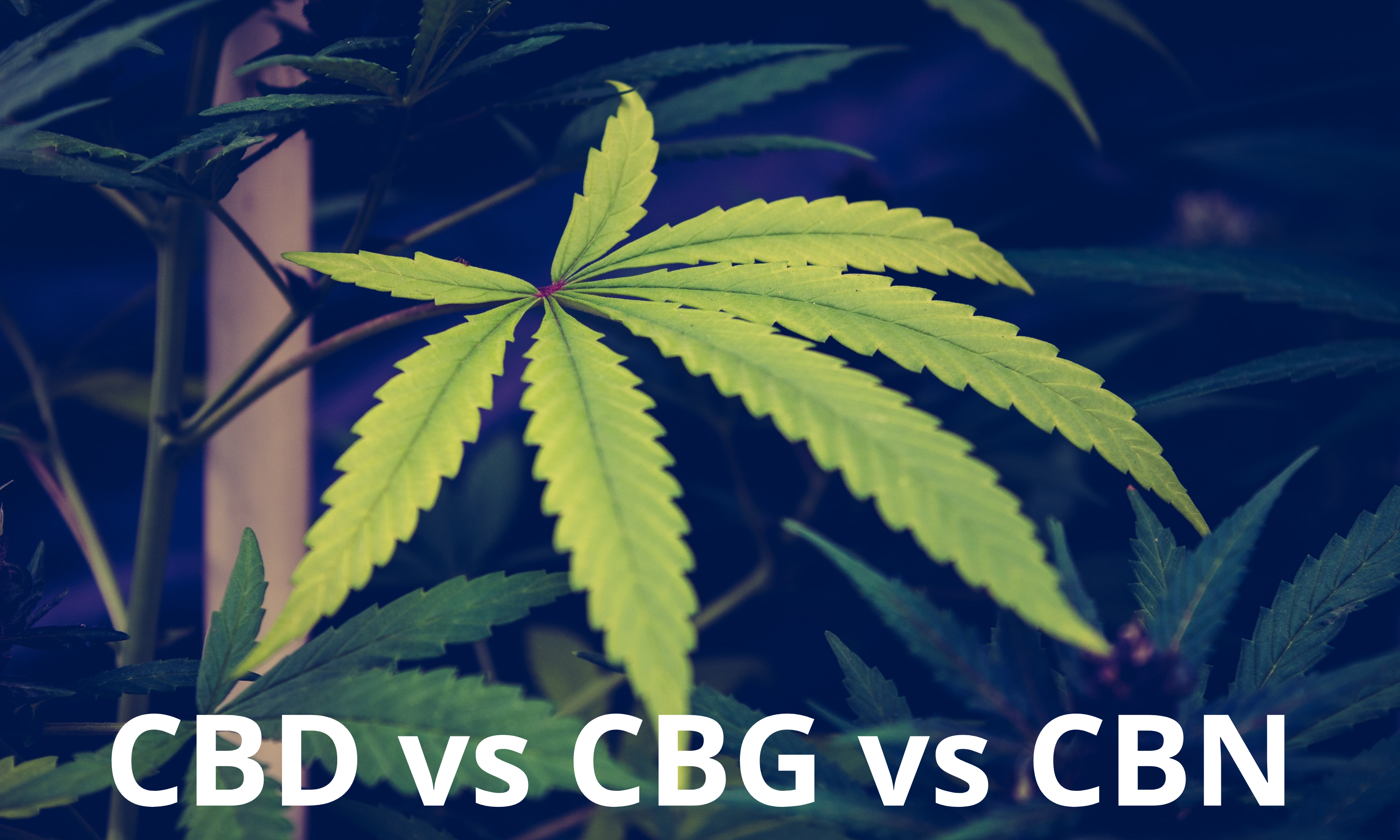
Do you have trouble sleeping? Does it seem impossible to manage your stress and anxiety? Or maybe it’s pain and inflammation that leaves you feeling down and out?
Whatever the case may be, it seems like every person struggles with something, and regular pharmaceutical drugs don’t always seem to help. In fact, they often contribute to an array of additional unwanted side effects.
So what do you do when stress, anxiety, pain, and inflammation become too overbearing, and regular over-the-counter aides and prescription drugs are no longer an option?
As it turns out, many people are finding some sort of relief by turning to natural remedies and plant derived molecules like:
-
Cannabigerol
-
Cannabinol
It's no surprise that people know a little more about the amazing therapeutic Cannabidiol. But what about all the other cannabinoids found in the Cannabis Sativa plant?
We’re so glad you asked…
Believe it or not, scientists and medical researchers have been asking this same question, What they’ve discovered is that cannabinoids like Cannabigerol and Cannabinol are made up of different therapeutic properties than CBD, and they offer the human body an array of unique benefits.
So what exactly are these benefits and how can you get your hands on these therapeutic cannabinoids?
Let’s start with a quick refresher…
What is CBD?
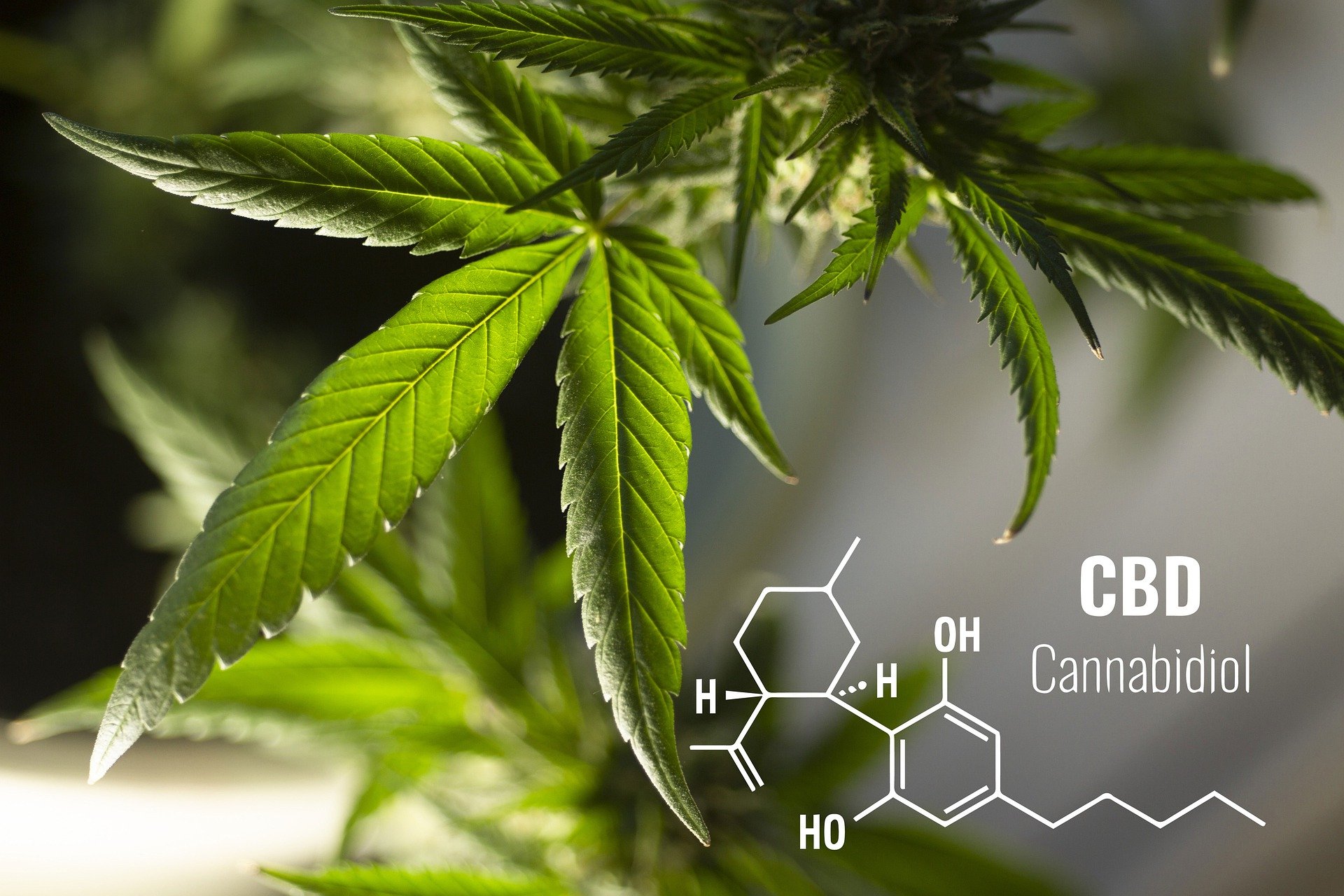
Now it’s fair to say that Cannabidiol, or CBD for short, has been the cannabinoid to garner most of the attention in the last few years, and for good reason.
According to multiple studies, CBD is a pretty potent anti-inflammatory. And if there’s anything you should know about inflammation, it's that when it persists long enough, it often, if not always, contributes to many of the most common diseases and unwanted health conditions we see in the medical arena today.
Perhaps what’s most amazing about CBD, is that it’s just one of the many phytocannabinoids that naturally exist within the Cannabis Sativa plant. But don’t let its origin scare you; Cannabis Sativa is a species of plant that includes both hemp and marijuana.
And what we know about marijuana is that it’s packed with the high ratios of the infamous Delta-9 Tetrahydrocannabinol (THC) –– the cannabinoid known for getting its users high.
Whereas hemp-derived CBD oil only contains trace amounts of THC (no more than 0.3%). This isn’t nearly enough to cause any psychoactive effects. This also means that any cannabinoid derived from hemp is fully legal under federal law, according to the DEA (Drug Enforcement Administration), the FDA (Food and Drug Administration), and the 2018 Farm Bill.
And in addition to its anti-inflammatory properties, researchers have also found that CBD contains the following properties:
-
Anxiolytic
-
Antipsychotic
-
Antioxidant
-
Neuroprotectant
But that’s not all! More and more studies are underway regarding how CBD works in humans, dogs, cats, and even horses. And it’s all thanks to the somewhat recent discovery of the Endocannabinoid System.
Endocannabinoid System
Here’s something you may not have learned about in biology class: the Endocannabinoid System (ECS) is only found in mammals.
In fact, this amazing biological signaling system was recently discovered in the 1940s. According to research, the human body naturally creates its own endogenous cannabinoids which are very similar to CBD, THC, and the other phytocannabinoids found in the cannabis plant.
Here’s why our ECS is so important: it helps communicate regulation and balance for the following…
-
Mood
-
Perception of pain
-
Sleep
-
Memory
-
Appetite
-
Digestion
-
Reproduction
-
Cognitive function
-
Mobility
-
Emotions
-
Immunity
-
And much more
Without our ECS, our bodies would slowly fall apart. Which means that the health of our ECS is also very important.
You see, according to some studies, when the ECS isn’t working properly, major health conditions can arise. For example:
-
Anxiety disorders
-
Depression
-
Types of neuropathy
-
Chronic menstrual cramps
-
Post Traumatic Stress Disorder (PTSD)
-
Bipolar disorder
-
And many other serious health conditions
But these same scientists believe that when balance is reintroduced back into our ECS, then our body can slowly return to its normal state. In other words, homeostasis can be restored to the body.
Now we know that diet, exercise, and a healthy lifestyle helps maintain the health of our ECS and overall body, but researchers have found that phytocannabinoids can help too.
What is Cannabigerol (CBG)?
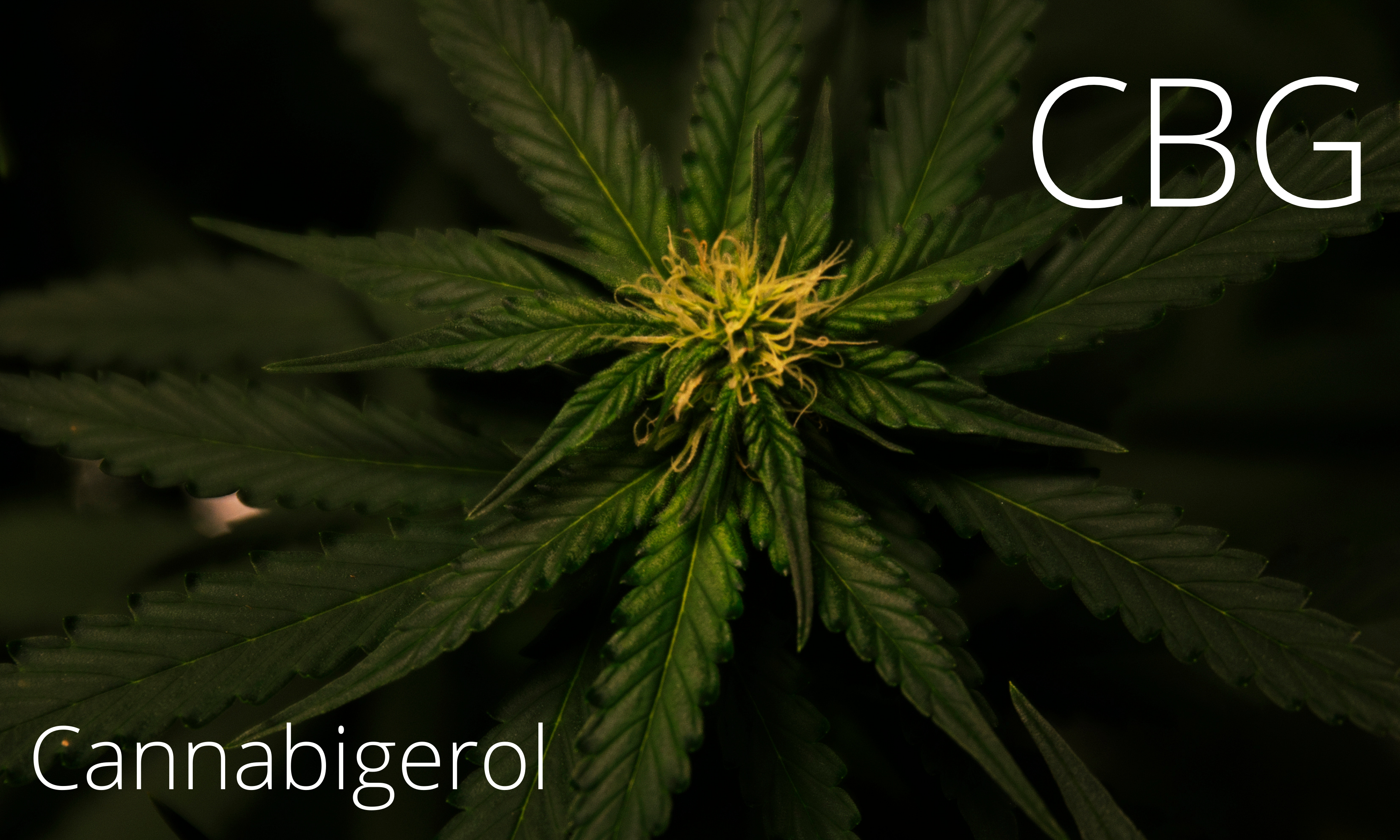
Cannabigerol, or CBG for short, is often referred to as the “mother of all cannabinoids”. This is because CBG is the precursor to most, if not all, other cannabinoids.
CBG is also non-psychoactive and contains tremendous therapeutic value.
CBG benefits
Now, it should be noted that there isn't a lot of scientific research regarding just how beneficial CBG really is, but the little evidence that researchers have discovered shows that CBG may in fact be a little more effective for those who don’t feel much from CBD.
Let’s look at a couple studies:
-
CBG increases appetite –– Studies show that CBG could stimulate appetite in those who struggle with poor digestion or appetite.
-
CBG and mood –– Other studies show that CBG could possibly be a partial agonist, which means it could help improve mood and overall well being.
Thankfully, more CBG studies are currently underway and the more studies we have, the more we can understand just how effective CBG can really be.
What is Cannabinol (CBN)?
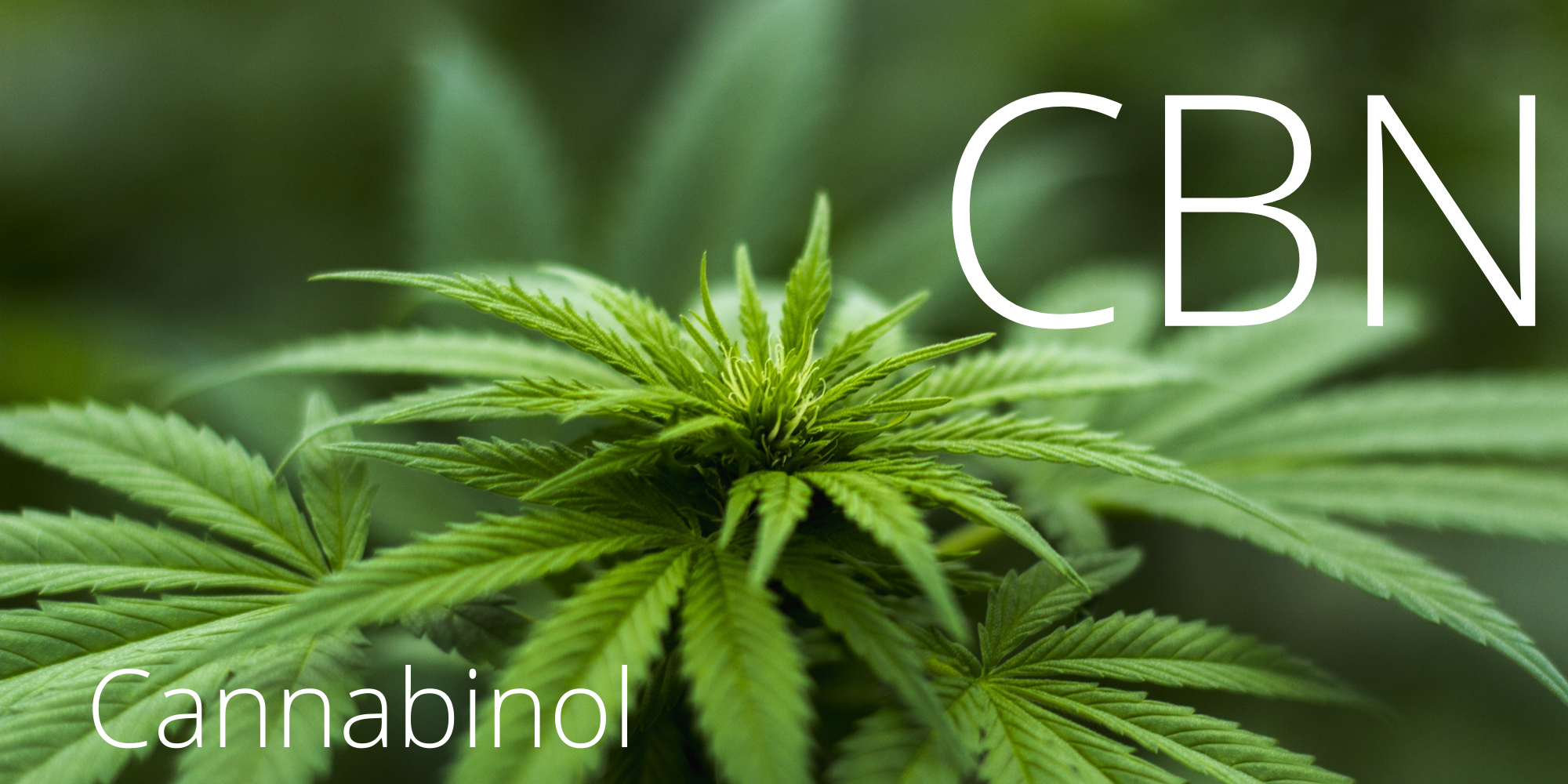
Cannabinol, otherwise known as CBN, was actually the very first phytocannabinoid discovered by scientists. Amazingly, CBN occurs when THC is heated or exposed to oxygen.
There’s not much information regarding CBN, but what researchers do know is that CBN on its own doesn’t cause any mind altering effects. In other words, it doesn’t get you high.
That said, many people experience therapeutic value when consuming hemp-derived products that contain higher ratios of CBN.
Benefits of CBN
As we mentioned earlier, there’s not much scientific data regarding CBN. But there have been a few studies showcasing some of its therapeutic properties.
For example:
-
CBN for relaxation –– A 2011 study showed that when CBN was combined with THC, it produced more of a calming sedative-like feeling, which helps induce relaxation.
-
CBN for inflammation and anticonvulsants –– According to some studies, researchers found that CBN offers pretty powerful anti-inflammatory properties that could reduce convulsants.
-
CBN and appetite –– Other studies show that CBN can stimulate appetite in rats.
-
CBN and pain –– Researchers have also found that when CBN is combined with CBD, it could be an effective pain reliever.
-
CBD and sleep –– In a 2017 analysis, researchers found that CBN was just as effective as sedative pharmaceutical drugs like diazepam.
So how do CBD, CBN, and CBG all differ from one another?
CBD vs CBN vs CBG
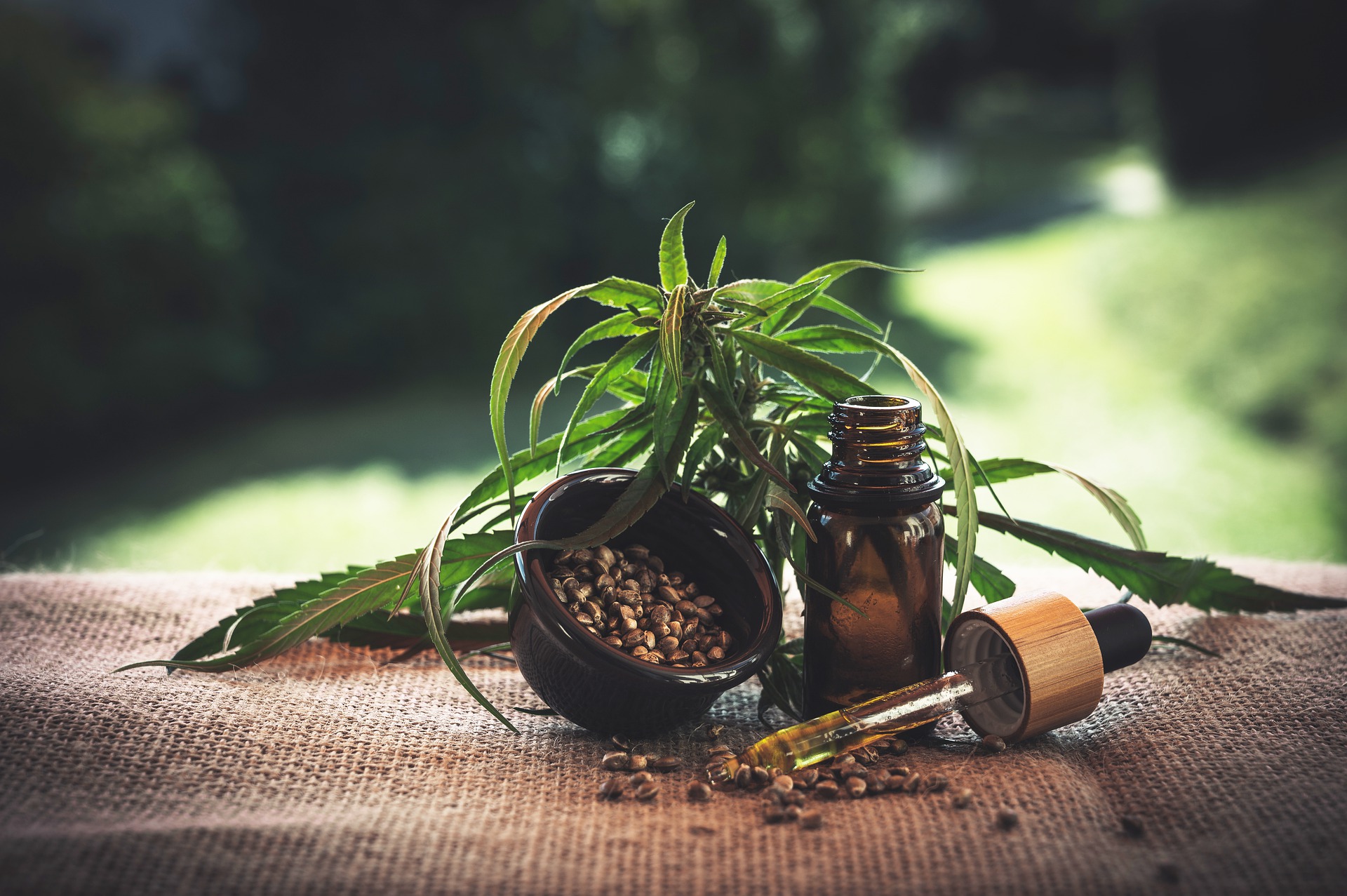
While we know that CBD, CBN, and CBG are non-psychoactive and derived from the cannabis plant, they each perform differently throughout the human body. And the ratios of these cannabinoids could determine which therapeutic properties you will benefit from.
It took years for cultivators and formulators to realize that higher ratios of CBD could counteract with the unwanted psychoactive effects of THC—which is why so many companies are embracing CBD oil with open arms.
But now with more information and research coming to light, other less popular cannabinoids like CBN and CBG are effectively improving people's health everywhere.
However, it’s imperative for us to reiterate that plant derived molecules like phytocannabinoids should never be deemed as a miracle substance or “cure all” for unwanted symptoms and health conditions. Which means CBN, CBG, and CBD should never be used to treat, diagnose, or prevent diseases.
That doesn’t mean people around the world haven’t used these cannabinoids to help relieve some of their aches and pains. They most certainly have!
After all, phytocannabinoids, when consumed correctly, safely, and appropriately, can be less invasive than regular pharmaceutical drugs. We just feel it’s best to use caution before consuming cannabis-derived (or hemp-derived) phytocannabinoids.
This is all the more reason to only purchase and consume high-quality CBD, CBN, and CBG products. But where can you find such products?
Where to buy CBN oil?
Because CBN is such a rare cannabinoid, it’s not as widely available as CBD or THC. Not to mention, it can be a little more expensive than the common CBD oils or THC oils. However, it's not impossible to find.
Amazingly, hemp companies have figured out how to cultivate and formulate hemp-derived products that contain high ratios of CBN.
Now, CBN oil on its own is still hard to find… Unless of course you’re looking for CBN isolate, where it contains nothing else but CBN.
But if you’re looking for full spectrum CBN oil, then you might have your search cut out for you.
As of now, the safest CBN products are those that contain other phytocannabinoids like CBD, THC, and CBG. In other words, 1:1 products like CBD-to-CBN or THC-to-CBN are widely available across the U.S.
And reputable online CBD stores are the best place to purchase and find high-quality CBN products. They will provide information about how they formulate their products and what they do to ensure their products are safe and effective to consume.
Where to buy CBG oil?
CBG oil has become much more available recently. In fact, cultivators have now figured out how to isolate CBG all on its own. They’ve even figured out how to create full spectrum CBG oils that are similar to CBD oils. You can even purchase hemp-derived products that contain higher ratios of CBG.
So yes, you can definitely purchase CBG oil with no problem.
The best place to purchase CBG oil is online. There you can learn how they cultivate their hemp and see how they go about formulating their products. We suggest purchasing from reputable CBD companies when looking for high-quality CBG oil products.
Where to buy CBD oil?
As you may have noticed, CBD oil is advertised and sold almost everywhere and anywhere. From big chain stores like Whole Foods, Walgreens, and CVS, to small mom and pop shops and numerous online stores, it’s impossible not to see the sudden surge of CBD products on the market today.
But along with the exploding ubiquity of hemp-derived CBD products, comes a lot of corrupt hemp companies that are only looking to make a quick buck on poorly formulated products.
This is why it’s imperative to only purchase hemp-derived products from reputable CBD companies. And more often than not, online CBD suppliers are perhaps the safest place to purchase CBD oils and other hemp-derived products like CBN and CBG.
What to look for in a hemp-derived product
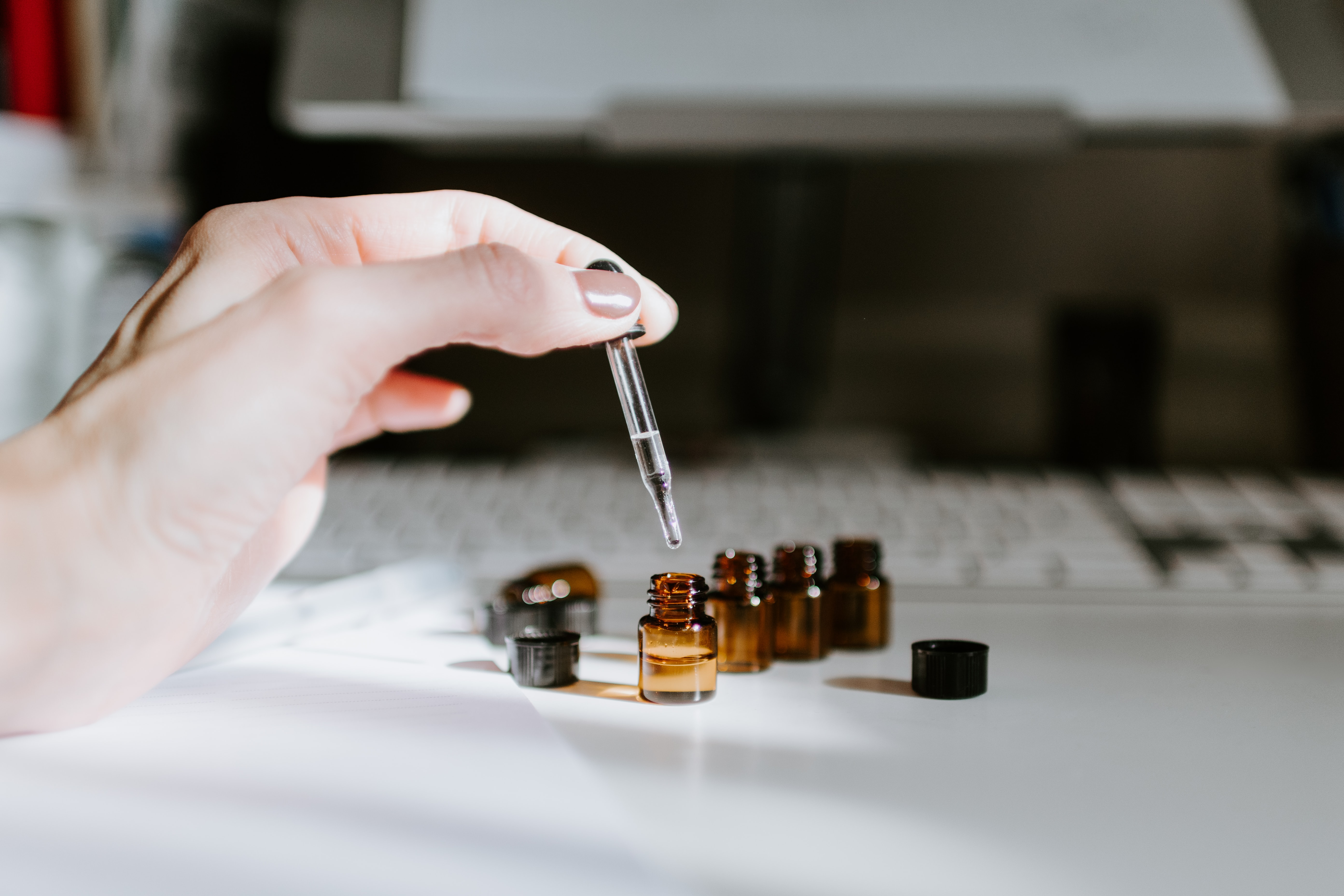
When it comes to hemp-derived products, purity and safety are key! And the only way to achieve that is through meticulous third party testing.
Reputable hemp companies focus on the following factors:
-
Sourced from American farms that steer clear from harmful contaminants like pesticides, herbicides, heavy metals, GMOs, and other toxins.
-
Utilize organic ingredients that are free from artificial flavors, colors, and harmful preservatives.
-
Have their products thoroughly tested by accredited independent third parties before they hit the market.
-
Display their test results on their website for all to see.
-
Provide detailed educated information on all their products.
Most reputable hemp companies will also offer highly knowledgeable customer service. However, that may not always be the case, though it should be.
While we know that CBD, CBN, and CBG are all hemp-derived and relatively safe to consume, if you’re not purchasing these cannabinoids from reputable companies, you may not be taking the right steps to improving your overall health.
Steer clear from incredibly cheap hemp-derived products and crazy expensive cannabinoid-rich products. Both are red flags. Look for reasonably priced products that hover around $50 to $90 dollars.
And remember, it’s important that you consult with a doctor if you decide to add CBD, CBN, and/or CBG to your daily regimen. These therapeutic cannabinoids can interact with prescription pharmaceuticals and over the counter medications. This is not to say that you can’t consume these cannabinoids; it’s just best to use caution and try to avoid combining your medications directly with these cannabinoids.


